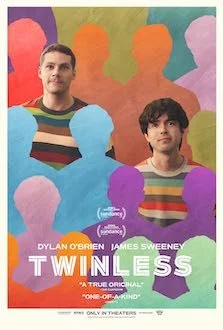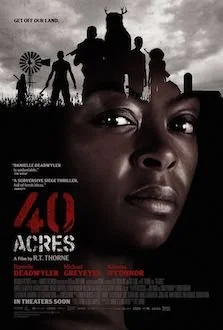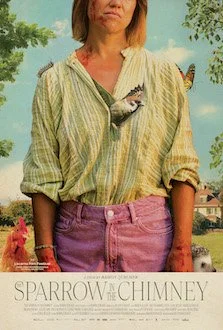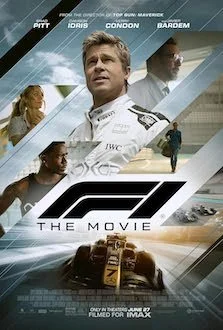Direction: James Sweeney
Country: USA
Alaskan writer-director and producer James Sweeney stars in his sophomore feature Twinless, a black comedy where he shares the screen with Dylan O’Brien.
This darkly tinted tale of obsession and guilt kicks off with a funeral and ends up with a renewed relationship. Dennis (Sweeney), a lonely and emotionally wrecked gay man, meets Roman (O’Brien)—not exactly the sharpest tool in the shed—at a supporting group for twinless twins. What starts as a seemingly healing friendship soon spirals into conflict as unsettling secrets come to light.
The film maintains a consistent tone but lacks a compelling point of view. It starts confidently and intriguingly, yet drifts into a meandering bore. There’s no reason Twinless couldn’t have been witty or mordantly funny, but it seems too enamored with its own supposed daring, making an awkward leap from mildly intriguing to tiresomely hysterical. Sweeney, whose intentions may be sincere, ultimately miscalculates, fumbling toward a shallow resolution that dulls whatever spark the premise promised.
By the end, Twinless can’t conceal its shortage of ideas, and its early twists fail to justify the journey. What might have been an incisive exploration of grief and identity instead collapses into triviality, half-serious and half-baked.








































